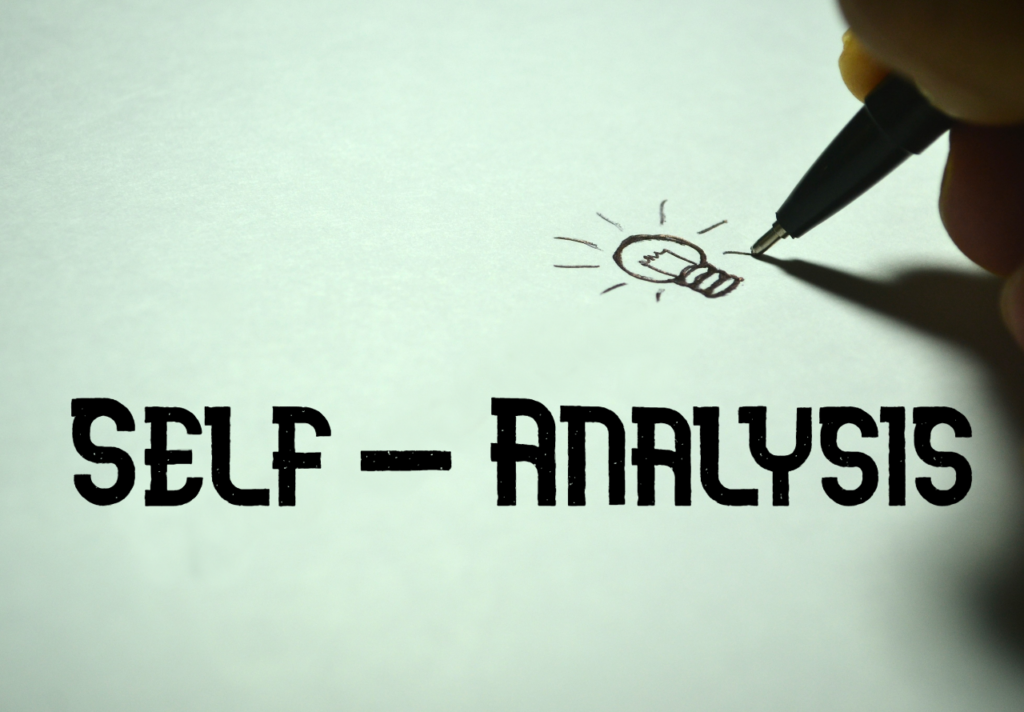“Until you make the unconscious conscious, it will direct your life and you will call it fate.”
– Carl Jung
Think about your day for a minute. How much of what you’ve done required your active thought? How much was routine action that just sort of happened? When you look across articles and studies on the subject, the numbers vary widely, but the consensus rings true in that a large part of what we do is driven and accomplished through learned behavioral patterns formed directly or indirectly. The brain has evolved this efficiency to leave resources available to give us the freedom to think and solve new problems instead of having to think too much about basic behaviors. That’s the good news. The bad news is that these hardwired patterns can be difficult to change, and many of our patterns, also known as habits, don’t serve us well.
Habits are our consistent, and often unconscious, behaviors. They define us as individuals, and to a massive degree, our health is a product of our habits. In fact, we’re all a walking three-dimensional representation of our genetic code and the regular behaviors we’ve been feeding into it. If you don’t like what you see in the mirror or the latest set of labs from your annual physical, it’s time to look at what your consistent behaviors are and how they are contributing to a result that is inconsistent with what you want for yourself.
The process of habit formation and replacement is well studied, and the science can be employed effectively to build or deconstruct habits by anyone serious about making long term changes. The first step, however, is taking account of what you do consistently. And it’s a bit more difficult than we may realize initially. Most of our regular behaviors are so automatic and unconscious that we don’t even realize we’re doing them. It’s important to remember that routine behaviors, however small they may seem, compound over time and can create massive changes in outcomes years down the road. This holds true in every area of life from finance to relationships, business, and health.
Use the exercise outlined below to develop a clearer picture of what you are compounding.
- Pick an area of your life to evaluate (health is a great place to start!)
- Create a comprehensive list of relevant behaviors and organize them into two columns. The first includes every behavior you can think of that builds or works toward the desired outcome. The second consists of behaviors that detract or work away from it.
- Over the course of a week, take a deep dive into observation and self-analysis using a journal to write down every detail of your actual behaviors in the area of focus. Capture everything you can without judgement. Be careful to record existing behavioral patterns and not new conscious choices you made to enhance your list as a result of this exercise. Extend your analysis wider in time to identify patterns of behavior over months and years.
Once you have a better understanding of your habits, you can begin to replace unproductive behaviors with ones more congruent with your goals by identifying the underlying drivers and implementing strategies to address them.
Understanding our habits is key to achieving our goals and living a healthier life. By taking the time to evaluate and replace unhealthy habits, we can create a better future for ourselves. Remember, every behavior, no matter how small, compounds over time, and the choices we make today will impact our future. So, take control of your habits and start building the life you want.

